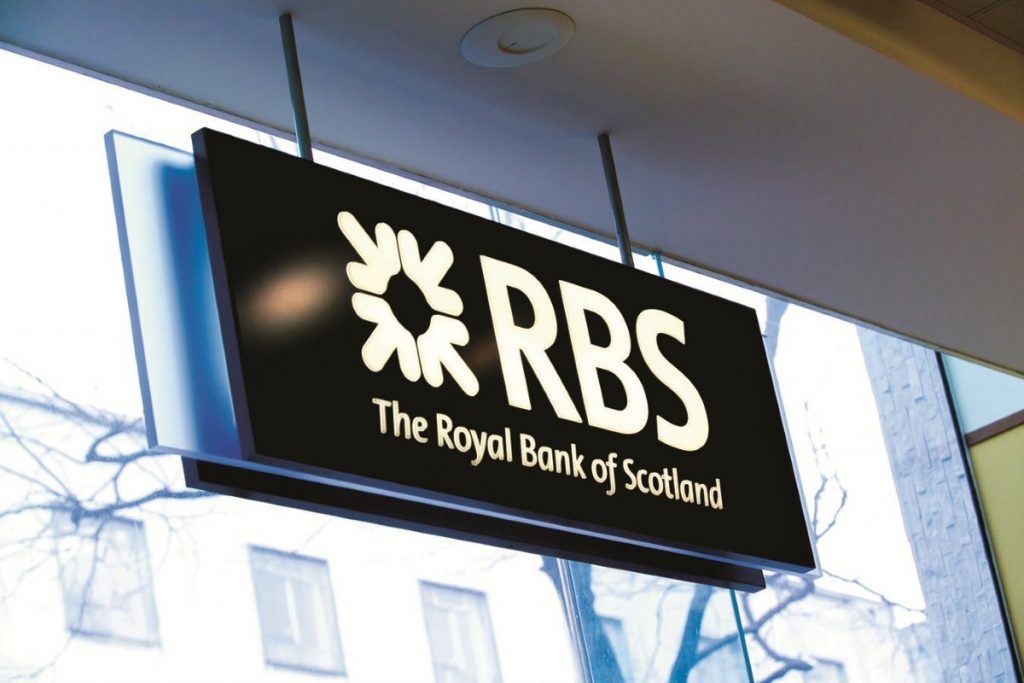Balls busts RBS shares giveaway
Labour is ready to fight the coalition's plans to get rid of its shares in RBS, Ed Balls has made clear.
The shadow chancellor declared he would oppose the coalition's moves to divest itself of the 81% of shares in the bank currently held by the government on the grounds that it would adversely affect Britain's deficit.
"A giveaway or a loss-making firesale at the current share price would add billions to the national debt at a time when poor economic growth already means borrowing isn’t coming down," he told the Times newspaper.
"It's no wonder Treasury officials are alarmed at the idea because George Osborne is playing a dangerous game here. If he once again puts politics before economics he risks leaving a huge hole in the public finances."


Liberal Democrat Treasury spokesperson Stephen Williams had originally developed the policy idea of a public share distribution. He argued the giveaway could be triggered by a share price threshold, preventing the taxpayer from losing too much money after the 2008 bailout.
Centre-right think-tank Policy Exchange, favoured by George Osborne, is now developing the proposal more fully.
The chancellor was told to come up with a clear strategy by the International Monetary Fund last week.
"Any strategy should seek to return the banks to private hands in a way that maximises the value for taxpayers, strengthens confidence and competition in the sector, and minimises outward spillovers," it stated.
"In this context, if a sovereign backstop is required to meet a capital shortfall, it should be provided, as this would have a high multiplier."
Ministers will unveil the government's final strategy following next month's expected final report from the Parliamentary Commission on Banking Standards.
Attention is focused on RBS because Lloyds, which the government holds a 39% stake in, is very close to the share price paid in 2008.
RBS' share price closed on 327p on Friday, significantly down on the 504p in May 2010 which the Times reported would have given the Treasury a £500 million profit.

